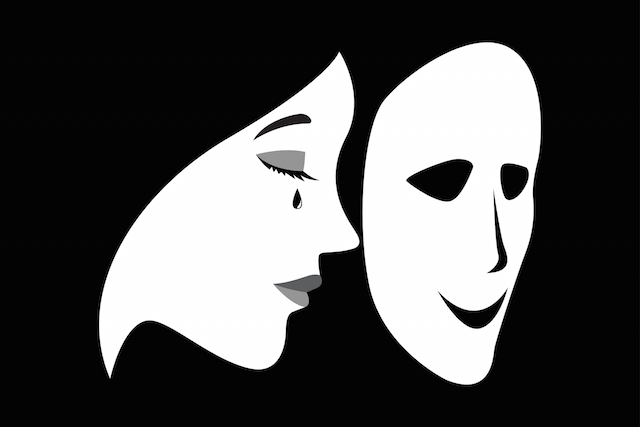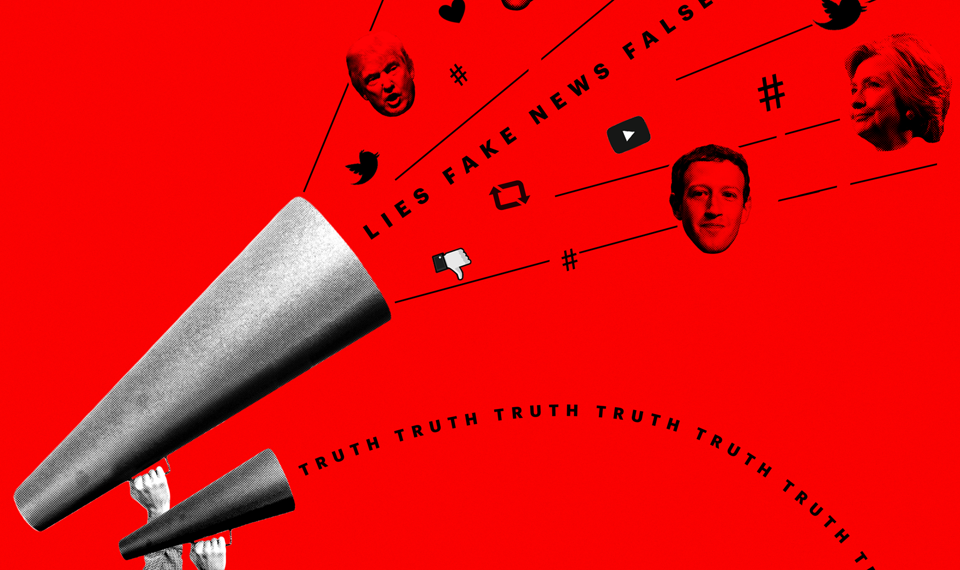
“What I know for sure is that you feel real joy in direct proportion to how connected you are to living your truth.” ~Oprah Winfrey
If we cannot live in and from our truth, then we cannot be authentic. The process of self- actualization is not striving to become the person we are supposed to be. It is removing what is not true for or about us so that we can be the person that we already are.
The hardest part of living in my truth was coming to understand and accept that it didn't matter how anyone else experienced my childhood and my life but myself. That includes my father, mother, and three siblings. It also didn't matter how others were affected or not. For our recovery only our truth matters
Why is standing in our truth so important? It is impossible to build a solid life on a foundation of untruths, lies, denial, fabrications, and misinterpretations.
Continue reading




